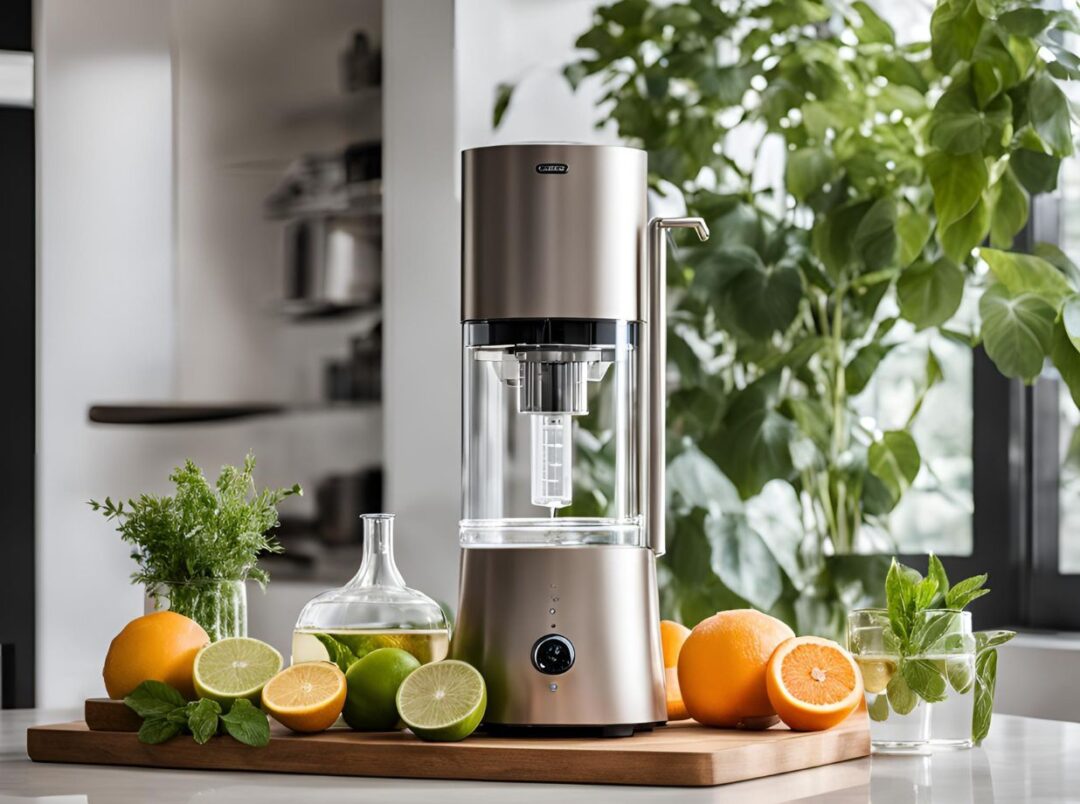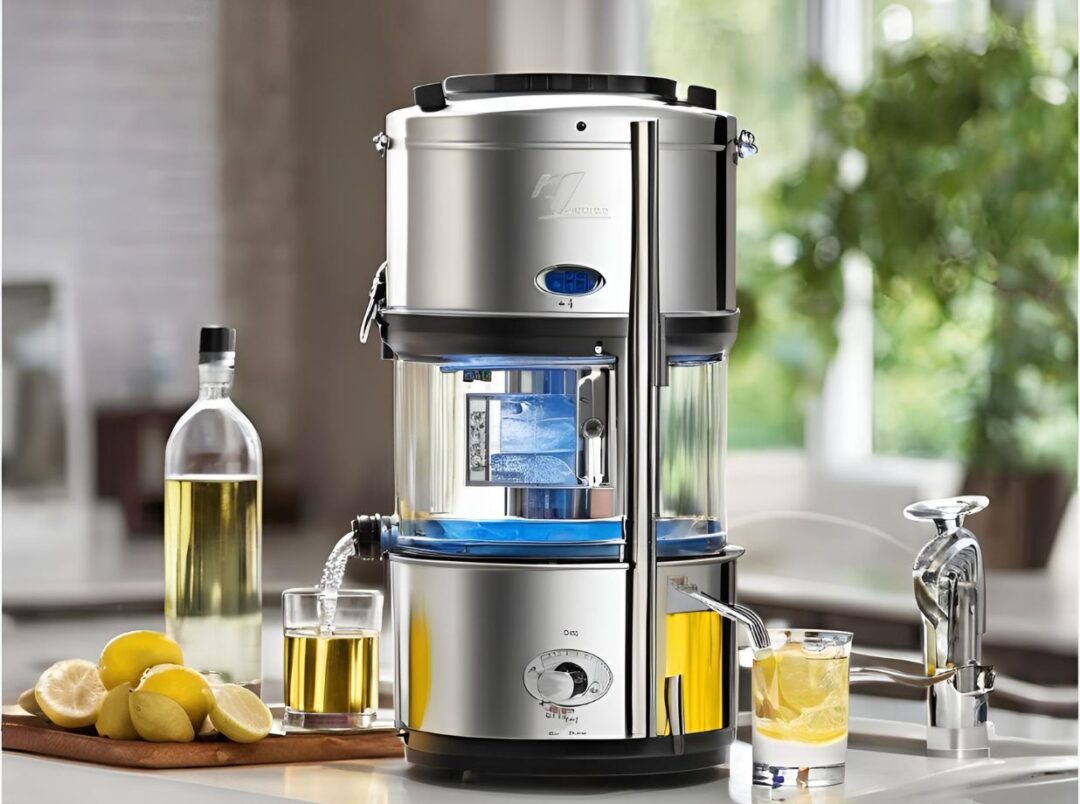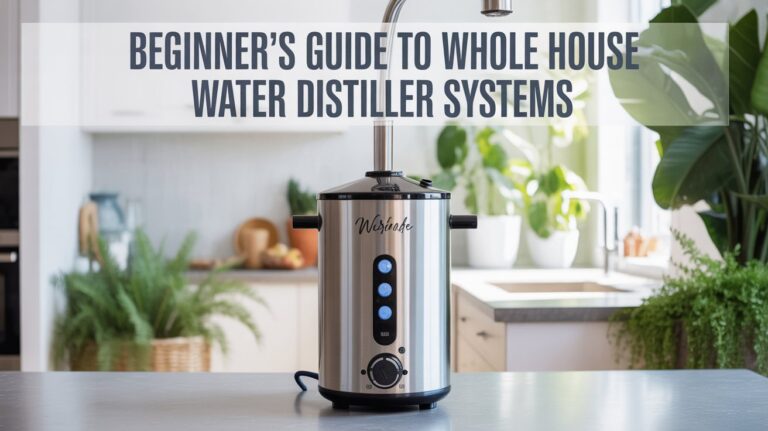Understanding the Time Required to Distill a Gallon of Water
Have you ever wondered how long it takes to distill a gallon of water? Distilling water is a process that purifies it by removing impurities, but the time it takes can vary depending on several factors. In this discussion, we’ll explore the ins and outs of water distillation, from the underlying science to the practicalities that affect how long it takes. By the end, you’ll have a comprehensive understanding of the different variables at play, as well as how you might speed up or slow down the process.

What is Water Distillation?
Before diving into the time it takes to distill water, let’s get clear on what water distillation actually is. In essence, distillation is a purification process where water is heated to create steam, and then condensed back into liquid in a different container. This method effectively removes contaminants like bacteria, viruses, heavy metals, and other impurities that might be present.
The Science Behind Distillation
Water distillation works on the principle of phase change—transforming liquid water into vapor and back to liquid. When you heat water, it turns into steam and leaves most of its impurities behind. As the steam rises, it is cooled and condensed back into pure water in a separate container. This process is highly effective because impurities typically have different boiling points or are non-volatile, meaning they do not easily evaporate.
Factors Affecting Distillation Time
Now that we have an understanding of what distillation is, let’s discuss what influences the time it takes. Several factors come into play, from the type of distiller you’re using to the initial temperature of the water.
Type of Distiller
Not all distillers work at the same speed. Generally, there are home distillers and industrial distillers. Home units may take longer due to their smaller and less efficient nature, while industrial units might distill much faster thanks to their scale and technology.
Initial Temperature of Water
The temperature at which you start matters. Warm or hot water will reach the boiling point much quicker than cold water. If you begin with water that’s already warm, you cut down on the time it takes to start generating steam.
Power Source and Efficiency
Different distillers have different power levels and efficiencies. A distiller that operates at higher wattage will usually distill water faster than a less powerful one. However, efficiency can’t be ignored. A highly efficient machine may distill faster with less power.
Ambient Temperature and Conditions
If you’re distilling in a cold environment, expect the process to take a bit longer since the surrounding temperature can affect how quickly the water heats and the steam condenses.
Amount of Water
While we are focusing on a gallon of water, the amount being distilled can influence the time required. Distillers may have a minimum and maximum operating range; if you’re on the higher end of this range, the process may take longer.https://www.youtube.com/embed/r_w1_9U2CUA
How Long Does It Typically Take?
So, how long does it really take to distill a gallon of water? On average, a home water distiller might take anywhere from 4 to 6 hours to produce a gallon of distilled water. Industrial distillers can be faster, but they’re not typically used for personal purposes.
Table: Estimated Distillation Time
| Type of Distiller | Estimated Time for 1 Gallon |
|---|---|
| Home Distiller | 4 to 6 hours |
| Industrial Distiller | 1 to 3 hours |
This table provides a rough estimate and actual times can vary based on the factors discussed previously.
Steps to Distill Water Efficiently
If you’re aware of the factors above, you might be wondering how to distill water in the most efficient manner possible. Here are some practical tips to help speed up the process, make it more efficient, or simply enhance the experience.
Pre-Heat Your Water
Start with water that is hot or warm to save on the initial heating time. This might take a bit of planning, but it’s worth the effort.
Use a High-Wattage Distiller
Invest in a distiller with higher wattage if you want to cut down on the time it takes to distill water. Make sure it’s also energy efficient to save on electricity.
Consider Environmental Temperature
Distillation is affected by environmental conditions. If possible, perform the distillation in a warmer setting to aid in heating and condensation speed.
Maintain Your Distiller
Regular maintenance ensures that your distiller operates at its peak efficiency. Descale it regularly and check for any issues that could hinder performance.
Distill During Off-Peak Hours
If you’re distilling at home, try using your distiller during off-peak electricity hours to save on energy costs without altering efficiency.

Benefits of Distilled Water
Understanding the time it takes to produce distilled water might make you question if it’s worth the wait. Let’s explore why you might choose distilled water over other options.
Purity and Safety
Distilled water boasts one of the highest levels of purity. With contaminants such as bacteria and heavy metals removed, it provides peace of mind, especially for those with compromised immune systems.
Versatility
Distilled water is versatile and can be used in a variety of applications, from medical uses to being the liquid of choice in car batteries and steam irons. Its purity ensures these applications run smoothly.
Long Shelf Life
Stored properly, distilled water can last indefinitely as it contains no organic compounds or contaminants that would spoil over time.
Downsides to Consider
While distilled water has numerous benefits, it also has a few downsides that are worth noting.
Taste
Some people find distilled water to be flat or tasteless due to the removal of natural minerals. This might not be ideal for drinking purposes unless you’re accustomed to it.
Removal of Beneficial Minerals
While impurities are eliminated, so too are beneficial minerals like calcium and magnesium. If these are an essential part of your diet, you might need to supplement them separately.
Common Misconceptions about Distilled Water
There are several misconceptions about distilled water that often puzzle people. Let’s set the record straight on a few of them.
Distilled Water is the Same as Purified Water
This is a common belief, but not entirely correct. While distilled water is a type of purified water, not all purified water is distilled. Purified water can be achieved through various processes including reverse osmosis and carbon filtration.
Distilled Water is Unhealthy
Some argue that distilled water is unhealthy because it lacks minerals, but it remains one of the safest, purest forms of water. Mineral deficiencies from distilled water are unlikely if you maintain a balanced diet.
Conclusion
Now that we’ve examined the factors affecting the distillation process, the expected timeframes, and the various pros and cons, you’re equipped to explore water distillation informedly. While the process can take several hours, the purity and safety you gain make it worthwhile. Understanding these dynamics allows you to optimize the process, whether at home or for larger-scale operations. So, the next time you consider distilling a gallon of water, you’ll have a clear idea of what to expect and how to potentially make the process more efficient.



